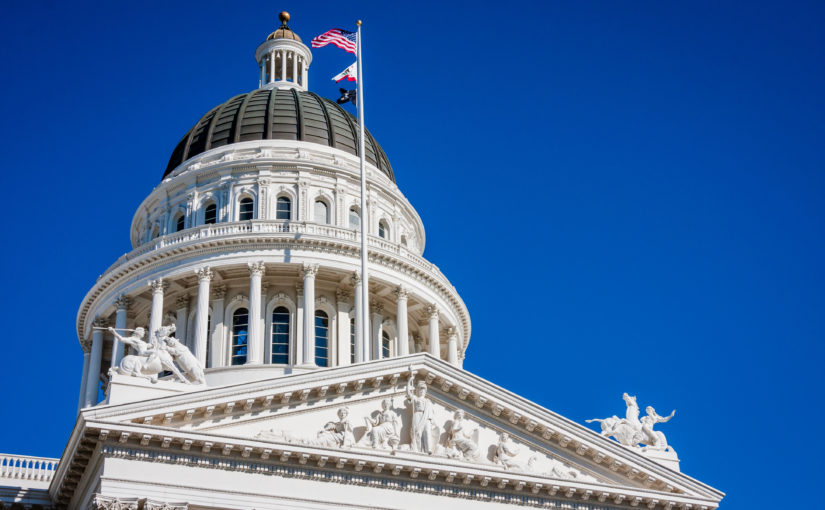 Following the passage of a state budget that provides record funding for public education and expands transitional kindergarten, California lawmakers on Thursday approved an education budget trailer bill that fleshes out some eagerly awaited details.
Following the passage of a state budget that provides record funding for public education and expands transitional kindergarten, California lawmakers on Thursday approved an education budget trailer bill that fleshes out some eagerly awaited details.
The legislation known as AB 130, which the governor is expected to sign, also adds a handful of new requirements for the 2021-22 fiscal year.
Here are a few key takeaways:
Local school districts would be required to offer independent study programs — and they may contract with their local county office of education.
With COVID-19 rates in decline, the state and local educators are prioritizing in-person instruction for 2021-22, but lawmakers say independent study must also be offered for students whose health could be at risk.
All independent study programs would have to demonstrate satisfactory educational progress, provide a plan for synchronous instruction, reflect grade-level standards, develop procedures for re-engaging students who are having trouble participating and provide a plan to transition students back to in-person instruction when their families wish to do so.
The trailer bill language also addresses communication with students and families, the requirements of written independent study agreements and resources that must be provided to students. Districts can seek a waiver but only if certain conditions are met.
The trailer bill language details the expansion of transitional kindergarten, with the goal of achieving universal eligibility for all 4-year-olds by 2025-26.
Transitional kindergarten currently offers an extra year of school for younger students whose fifth birthdays fall between Sept. 2 and Dec. 2. But starting in 2022-23, the cut-off for TK enrollment would be pushed back two months each year for four years. The net result is that as of Sept. 1, 2025, all 4-year-olds would be eligible to enroll in a transitional kindergarten program.
The bill further states that a child’s TK eligibility won’t impact the family’s eligibility for other child care and preschool programs, and it authorizes California State Preschool Programs to offer wraparound childcare services for eligible transitional kindergarten and kindergarten programs.
The budget further invests in California’s Multi-Tiered System of Support, which is led by OCDE.
Since 2016, OCDE has led the statewide implementation of California’s Multi-Tiered System of Support, which includes a set of proven strategies to address academic, behavioral and social-emotional needs. Based on the maxim “All means all,” the framework builds in a baseline of support for all students, additional assistance for some and targeted interventions for those with the greatest needs.
This year’s budget would invest an additional $50 million in one-time Proposition 98 funds for MTSS. Of that total, $30 million would be used for grants to school districts and county offices of education to implement MTSS and practices aligned with the framework.
The budget includes one-time funding to address California’s teacher shortages.
The state’s spending plan will provide $350 million in one-time Proposition 98 funds, available over five years, for programs that recruit and support teachers in specific fields where shortages are occurring, including special education, bilingual education, science, computer science, technology, engineering, mathematics, transitional kindergarten and kindergarten. The allocation also supports efforts to recruit and retain a diverse teacher workforce.
An additional $125 million in one-time Proposition 98 funds has been earmarked over five years for an initiative run by the California Commission on Teacher Credentialing that helps classified school employees who are interested in becoming certificated teachers earn their credentials. State funding also expands program eligibility to expanded learning and early childhood education program staff.
Special education funding gets a boost in California.
Special education would receive a cost-of-living adjustment of 4.05 percent in the budget, which channels $396.8 million in ongoing Proposition 98 funding to increase the statewide base rate to $715 per student.
In addition, $450 million in one-time Proposition 98 funding would be used to provide learning recovery support for some students, including those with exceptional needs, and $100 million is earmarked for dispute prevention and voluntary alternative dispute resolution efforts. The state is also allocating an additional $277.7 million in federal Individuals with Disabilities Education Act (IDEA) funds for local assistance.
